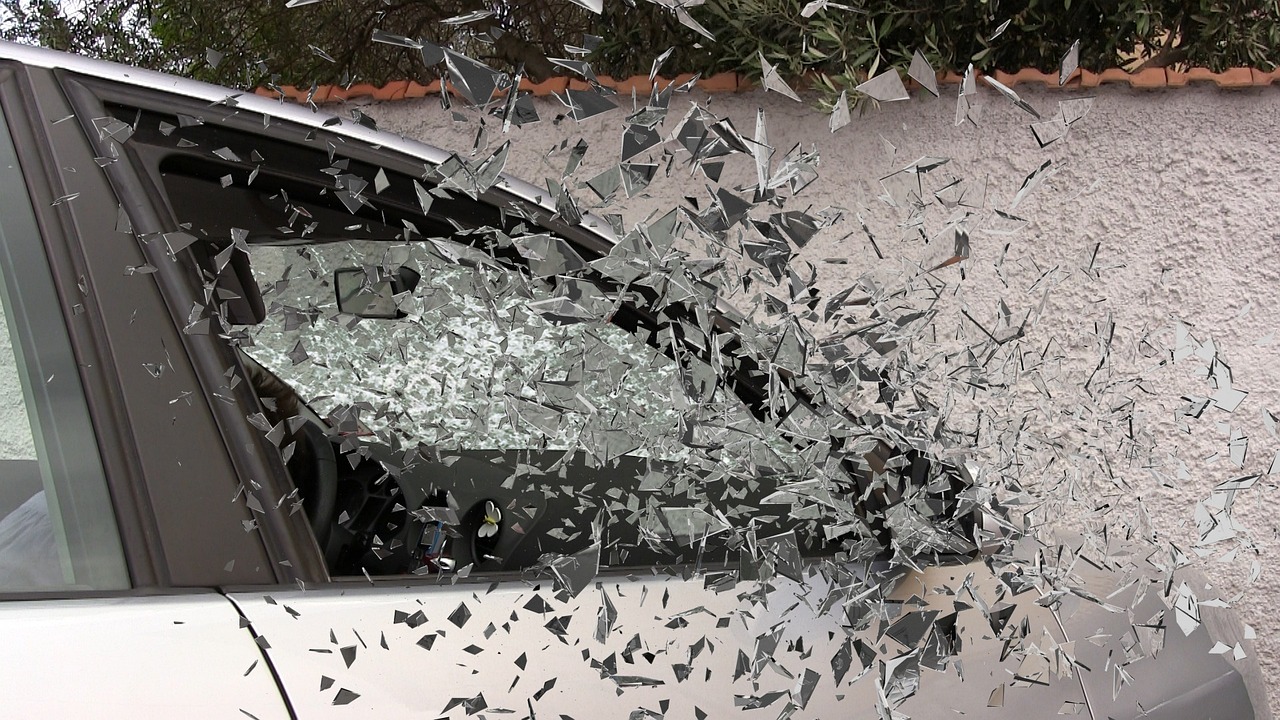When it comes to protecting your investment in a new or used car, you’ve likely heard about various types of insurance coverage. Gap insurance is one of those options that often gets discussed. But is gap insurance worth it? In this article, we will delve into the intricacies of gap insurance, explaining what it is, how it works, and whether or not it’s a valuable addition to your auto insurance policy. Let’s navigate the gap and find out!
What is Gap Insurance?
Gap insurance, or Guaranteed Asset Protection insurance, is a specialized form of coverage designed to bridge the gap between the actual cash value (ACV) of your vehicle and the amount you owe on your auto loan or lease. It comes into play when your car is declared a total loss due to theft or an accident.
How Does Gap Insurance Work?
Gap insurance kicks in when your standard auto insurance payout doesn’t cover the remaining balance on your auto loan or lease. Essentially, it ensures that you won’t be left paying for a vehicle you no longer possess. This coverage can be a lifesaver in certain situations, but it’s important to evaluate whether it’s worth the cost.
The Pros of Gap Insurance
Financial Security
One of the primary advantages of gap insurance is the financial security it provides. Without gap insurance, you could find yourself still owing a significant amount of money on a vehicle you no longer have. This can be especially important if your car is stolen or totaled shortly after purchase, as depreciation can be rapid during the initial years of ownership.
Peace of Mind
Knowing that you won’t be burdened with unexpected expenses in the event of a total loss can provide peace of mind. Gap insurance allows you to focus on moving forward rather than worrying about paying off a car that’s no longer in your possession.
Low Premiums
Gap insurance typically comes with relatively low premiums, making it an affordable addition to your auto insurance policy. It’s a cost-effective way to protect your financial interests.
The Cons of Gap Insurance
Limited Applicability
Gap insurance is not necessary for everyone. If you own your vehicle outright or the outstanding loan balance is significantly less than the car’s value, gap insurance may not be worth it. Assess your specific circumstances to determine if it’s a relevant investment.
Diminishing Value
As your car ages, the gap between its actual cash value and the loan balance diminishes. This means that gap insurance becomes less valuable as your vehicle gets older.
When Is Gap Insurance Worth It?
1. New Car Purchase
If you’ve recently purchased a brand-new vehicle and financed it with a substantial loan, gap insurance can be a wise investment.
2. Lease Agreements
Gap insurance is often required when leasing a car. It ensures that you won’t be responsible for the depreciation gap if the leased vehicle is totaled.
3. Long-Term Loans
For those with extended auto loan terms, where the car’s value may depreciate faster than the loan balance decreases, gap insurance is a valuable safety net.
When Is Gap Insurance Not Necessary?
1. Paid-Off Cars
If you’ve paid off your car and its value has significantly depreciated, gap insurance becomes unnecessary.
2. Adequate Savings
If you have enough savings to cover the potential gap between your car’s ACV and your loan balance, gap insurance may not be essential.
So, is gap insurance worth it? The answer depends on your individual circumstances and priorities. If you’ve recently purchased a new car with a sizable loan or lease and want peace of mind knowing you won’t be financially burdened in the event of a total loss, gap insurance can be a wise choice. However, if you own an older vehicle or have paid off most of your auto loan, it may not be a necessary expense. Always consider your unique situation and consult with an insurance professional to make an informed decision.
FAQs
- What does gap insurance cover? Gap insurance covers the difference between the actual cash value of your vehicle and the amount you owe on your auto loan or lease in case of theft or a total loss accident.
- Is gap insurance mandatory? Gap insurance is not mandatory, but it can be a valuable addition to your auto insurance policy, especially if you have a substantial loan or lease balance.
- Can I purchase gap insurance later? Yes, you can typically add gap insurance to your policy after purchasing your vehicle, but it’s often more cost-effective to include it at the outset.
- Does gap insurance cover my deductible? Gap insurance usually does not cover your deductible. It covers the gap between your insurance payout and the loan/lease balance.
- Is gap insurance the same as extended warranty coverage? No, gap insurance and extended warranty coverage are different. Gap insurance covers the remaining loan balance, while an extended warranty covers repairs and maintenance costs after the manufacturer’s warranty expires.
